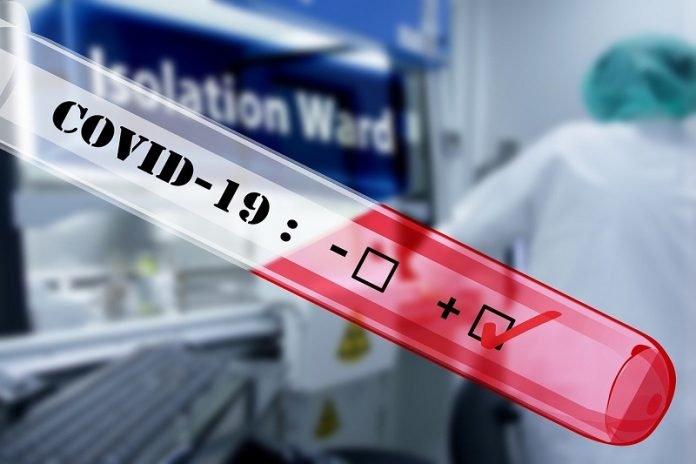
People who have been diagnosed with COVID-19 may be at a higher risk of developing the autoimmune disease Type 1 diabetes, according to a study of more than 27 million people across the United States.
Researchers found that patients who were infected with SARS-CoV-2, the coronavirus that causes COVID-19, were 42% more likely to develop Type 1 diabetes than those who did not contract COVID-19 during the study period.
The risk is highest among the youngest of pediatric patients (those under the age of 1 were at an increased risk of 584%) and elevated among older adult patients with COVID-19.
The researchers also observed differences across race and ethnicity, with risk of Type 1 diabetes associated with a COVID-19 infection being most pronounced among American Indian/Alaskan Native (130% increased risk), Asian/Pacific Islander (101%), and Black patients (59%).
“Particularly in pediatric populations, [COVID-19] is not usually a life-threatening, oftentimes not serious, condition.
But Type 1 diabetes is usually a lifetime illness that requires dramatic amounts of contact with the medical community, increases your risk of death, increases your risk of long-term comorbidity,” says Trenton Honda, clinical professor and associate dean in Northeastern’s Bouvé College of Health Sciences, and a member of the research team led by Fares Qeadan at Loyola University Chicago.
“Our interest is really looking at the question, ‘Are there going to be hidden costs, even among those who are not at high risk from COVID itself, because of COVID, later on?’” Honda says.
The scientists also probed whether patients who had Type 1 diabetes before contracting COVID-19 were more likely to suffer a serious, life-threatening complication called diabetic ketoacidosis after being infected with the virus.
They found that those patients who had Type 1 diabetes and then were infected had a 126% increased risk of developing diabetic ketoacidosis compared to those who did not get infected.
Their results were published in the journal PLOS One earlier this month.
Honda uses the word “association” when referring to the increased risk, careful not to say that a COVID-19 infection causes Type 1 diabetes onset.
“We are the first study in the U.S. population in a really, really big national dataset to be able to say that people who got COVID appear to be at higher risk of developing Type 1 diabetes, although we’re not able to say that COVID caused that increased risk.
It could be any number of things,” he says. To establish that causal connection, Honda says, researchers would need to do a randomized controlled trial.
Instead, the team looked at the anonymized data of more than 27 million people who came into contact with hospital medical care across the U.S. from December 2019 through the end of July 2021.
There’s other evidence that links COVID-19 infection to increased risk of being diagnosed with Type 1 diabetes.
SARS-CoV-2 is not the first virus to be associated with an increased risk of Type 1 diabetes onset.
It has also been linked to several viral infections such as mumps, rubella, cytomegalovirus, and Epstien-Barr virus.
If you care about diabetes, please read studies about how to reverse type 2 diabetes and deadly liver disease, and common drug for diabetes, alcoholism may help treat cancer.
For more information about diabetes, please see recent studies about common drinks that could make type 2 diabetes less deadly, and results showing this common nutrient may be key to better diabetes treatments.
Written by Eva Botkin-Kowacki.



